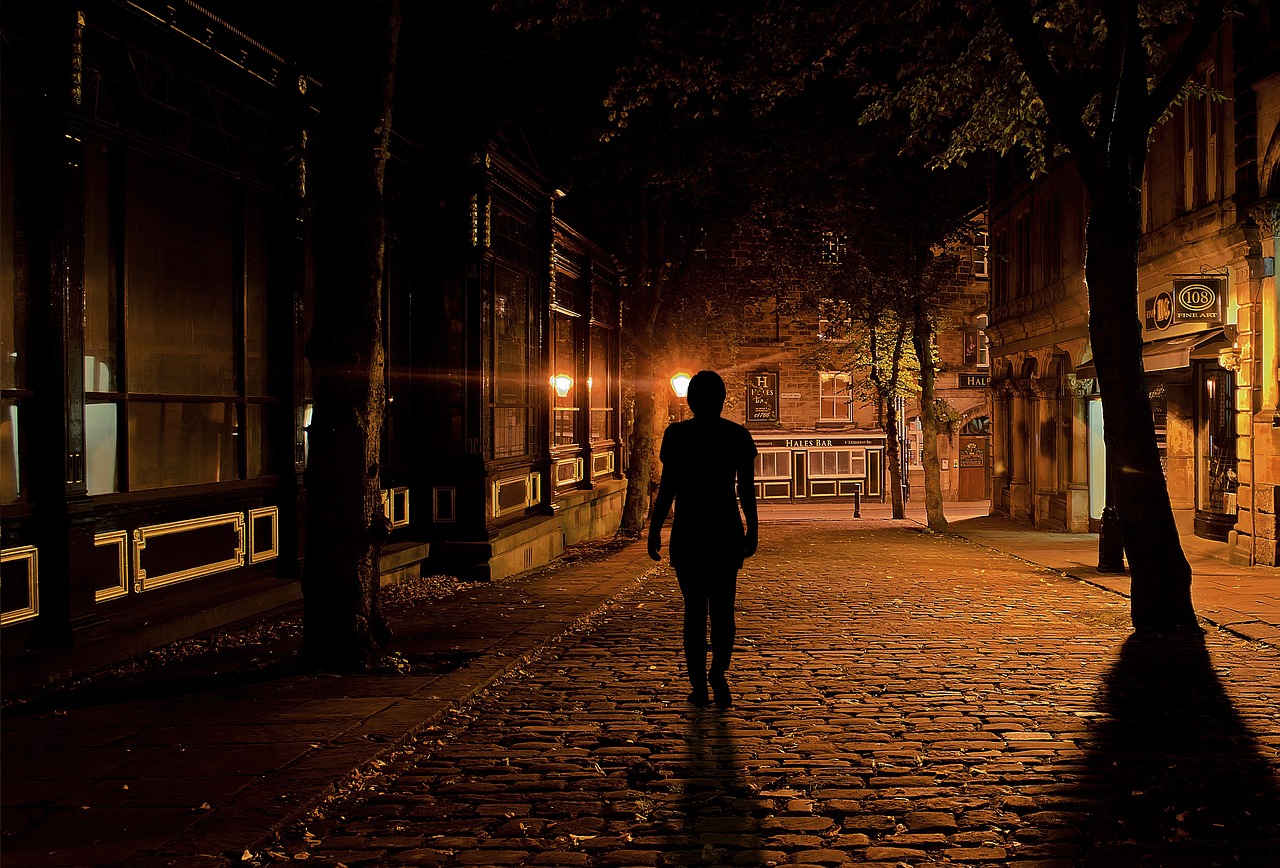The cultural critic Walter Benjamin is probably best known for his essay, “The work of art in the age of technological reproducibility”, and the use of the term ‘aura’ to designate the quality in a work of art that changes its singularity when it is subject to reproduction.
 Sean Sheehan
Sean Sheehan
Benjamin, writing in the mid-1930s, saw photography and cinema as profoundly weakening the auratic quality of art and, in “Returning to Benjamin”, Victor Burgin considers this in regard to what he calls “the hegemonic representational technology of our own time: the digital”.
Burgin retells the story of the ancient Chinese philosopher, Zhuangzi, about a gardener who carefully waters his plants by hand only to be told by a Confucian that a simple technology could effortlessly water a hundred fields in a day.
The gardener observes that the user of such technology will have a mind like a machine and that seeing things with such a mind will lose oneness with the world.
It’s not as good as the joke about a Buddhist monk who visits New York and, asked by a hot dog stall holder what he’d like to order, asks to make him one with everything – but the concern with uses of technology and their effect on thought is more pressing than ever before. Instrumental thinking, after all, is inseparable from the Anthropocene and the ecological crisis.
Victor Burgin is an artist and the question for him becomes one of asking what constitutes a politics of art in an age where we are engulfed in endless waves of images.
 Benjamin wrote of the need to create concepts that would be ‘completely useless for purposes of fascism’, concepts that cannot be hijacked by a new post-modernism.
Benjamin wrote of the need to create concepts that would be ‘completely useless for purposes of fascism’, concepts that cannot be hijacked by a new post-modernism.
A part of the challenge, as Zizek points out in the first chapter of his new book “Freedom”, is that knowing what needs to be done may, instead of being the basis for change, allow for nothing to be done. Ideology is no longer vulnerable to enlightened criticism that seeks to break its hold over us.
It becomes, instead, a fetish that allows for disavowal: ‘ideology works in a cynical mode, it includes a distance towards itself” and becomes a way for the existing order to reproduce itself.
His example is prestigious cultural festivals, like the Venice biennale, that present themselves as a form of resistance to global capitalism but which, in the way their ‘product’ is commodified, function as yet another moment in the system’s reproduction.
 Perhaps the prospect for change depends on acknowledging the apparent hopelessness of the situation.
Perhaps the prospect for change depends on acknowledging the apparent hopelessness of the situation.
When Lenin, in 1922, realized there would be no revolution in Germany or elsewhere, knowing that the Bolshevism faced an impossible challenge, he wrote:
What if the complete hopelessness of the situation, by stimulating the efforts of the workers and peasants tenfold, offered us the opportunity to create the fundamental requisites of civilisation in a different way from that of the West European countries?
“Returning to Benjamin”, by Victor Burgin, is published by MACK. “Freedom: A Disease Without Cure”, by Slavoj Źiźek, is published by Bloomsbury.
(Photo: Pixabay)












.jpg)












